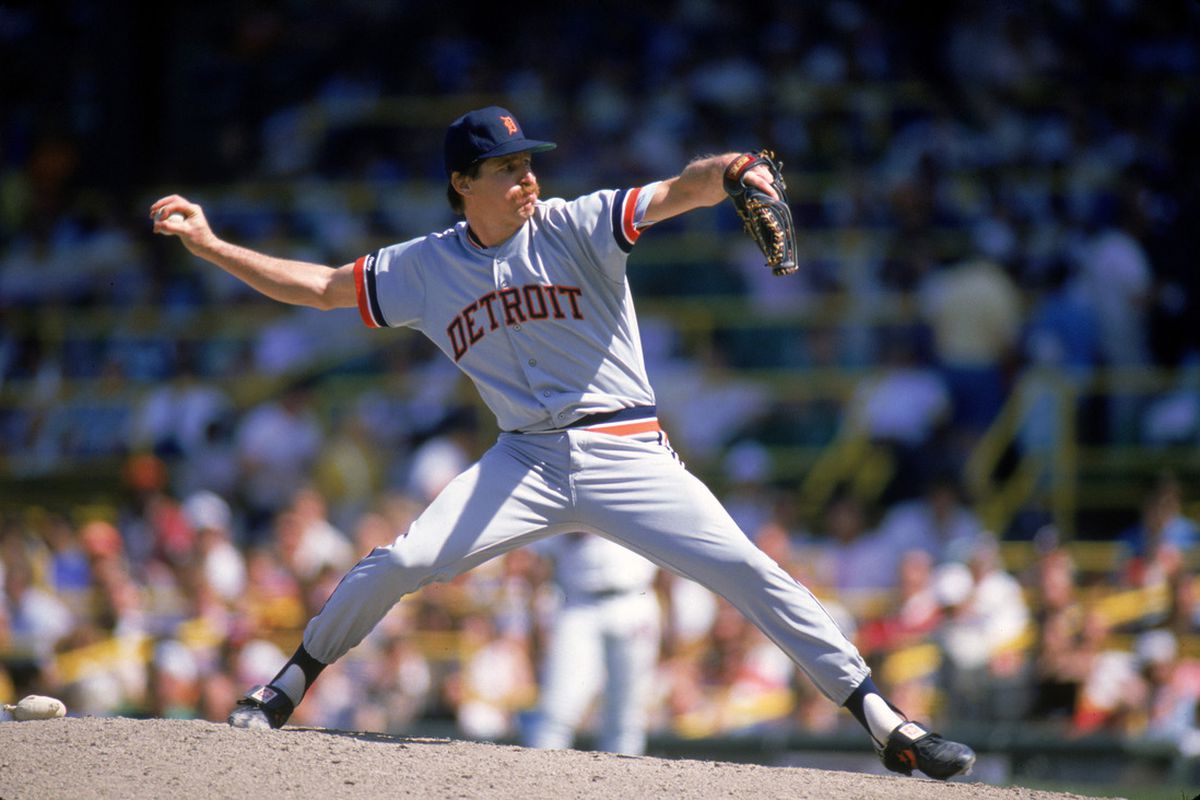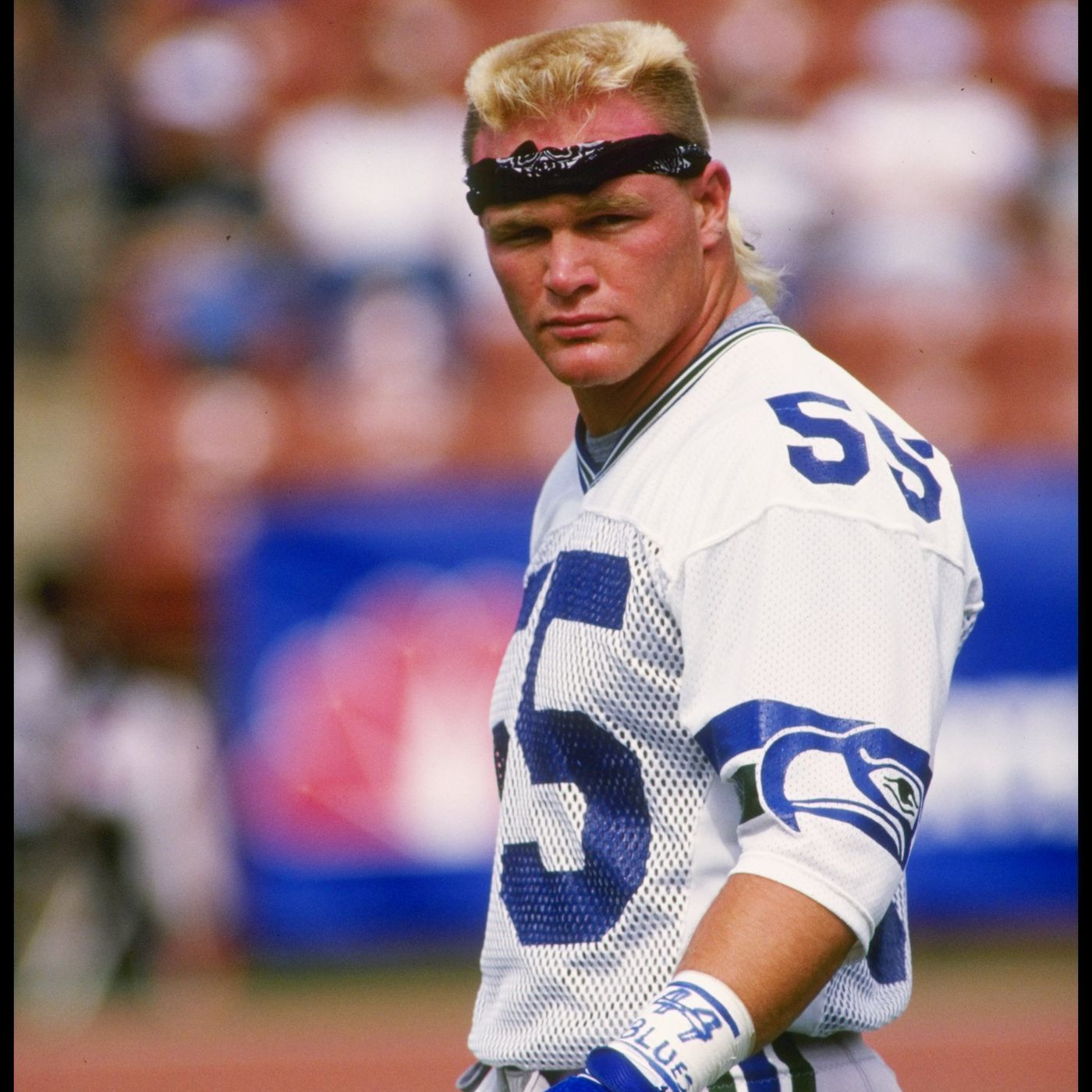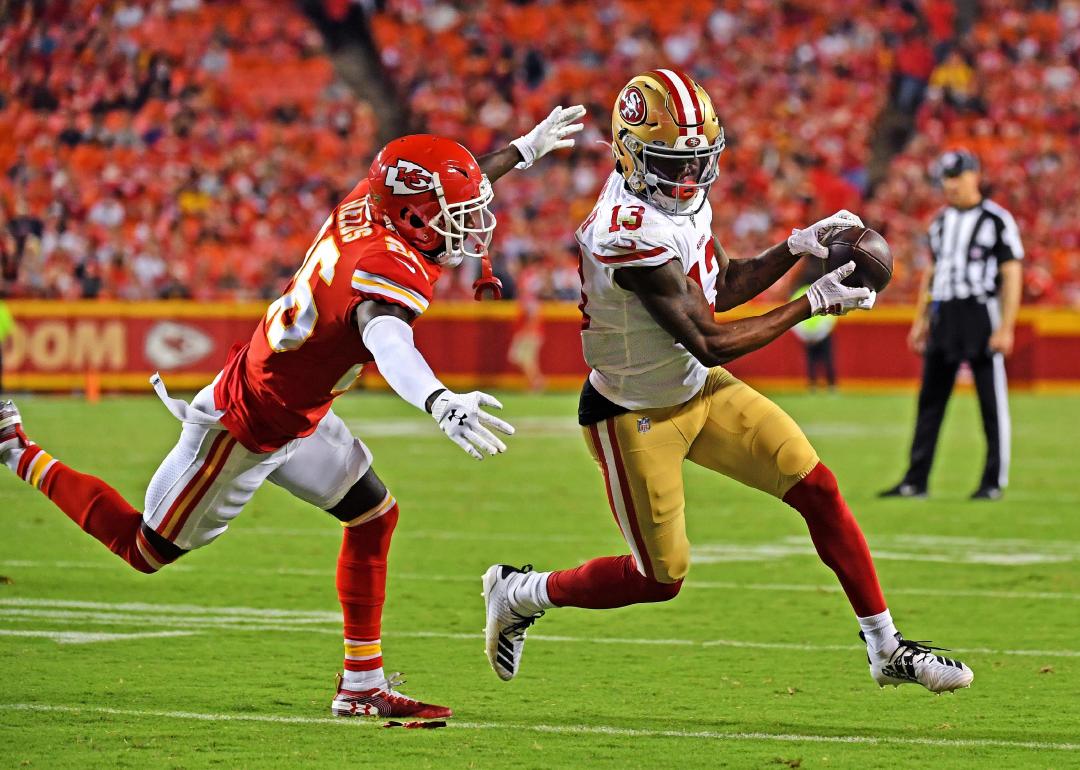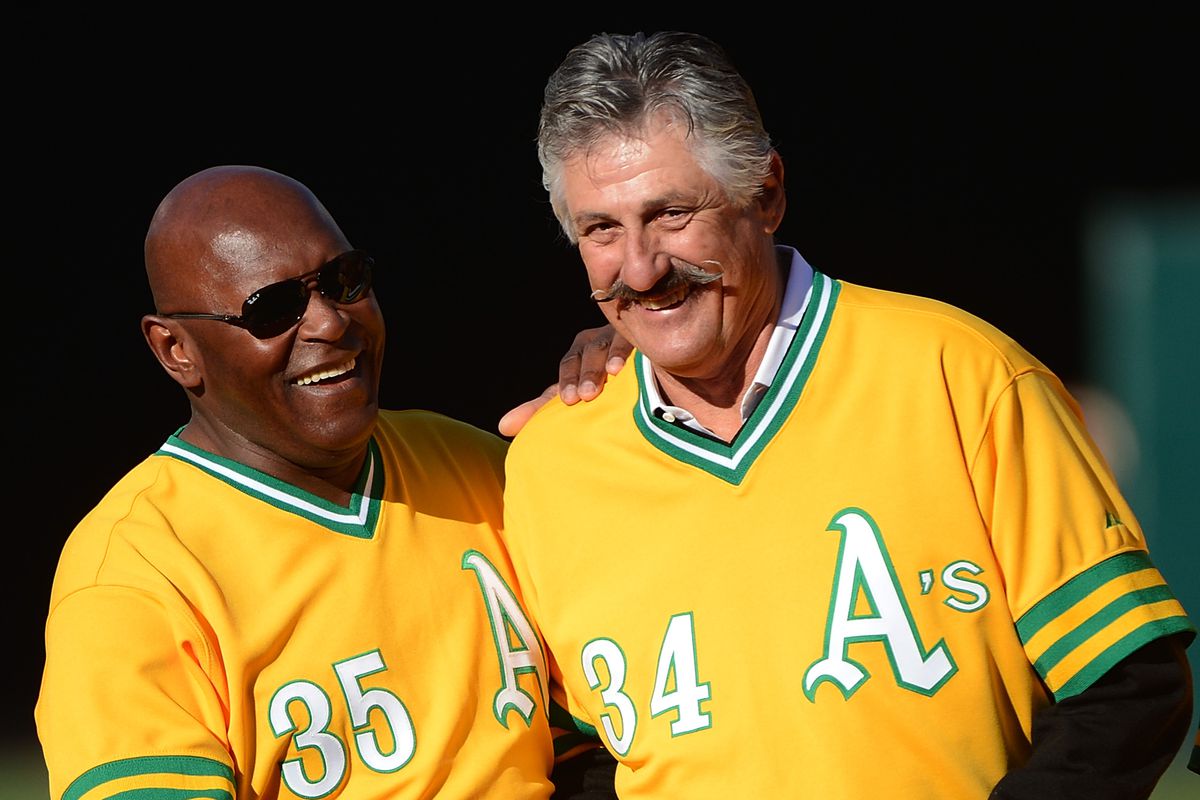Jack Morris was the winningest pitcher of the 1980s, going 162-119 between 1980 and 1989.
As dependable as any starter in his era, Morris twice led the majors in wins and played on four World Series-winning teams. The right-hander played for four teams over 18 big-league seasons, 14 of them with the Detroit Tigers. Morris led the American League in strikeouts in 1983, in shutouts in 1986, and is one of nine pitchers in history to have 15 or more wins in a dozen different seasons. He spent his entire career in the American League and is the only pitcher with 2,000 or more strikeouts who did not face a single pitcher in his career. Morris was named Opening Day starter in a record 14 straight seasons, was named Game One starter in three World Series, and started three MLB All-Star Games. An ace whose former manager, Sparky Anderson, called “the horse of baseball,” Morris pitched eight or more innings in more AL games than any pitcher since the Designated Hitter era began. He completed 175 of 529 career starts and threw 115 more innings than the next-busiest pitcher of the 1980s.
Born in St. Paul, Minnesota, May 16, 1955, John Scott Morris is the second of three children born to Arvid, an electronics tech for 3M, and Dona, a homemaker. The family lived in several Twin Cities suburbs before settling in the Highland Park neighborhood of St. Paul. When not ski jumping with the local club, Morris played varsity basketball and baseball for Highland Park High School. He played third base and shortstop but rarely pitched. “He could throw hard enough to knock down the backstop,” high school coach Bill Lorenz said. “He just couldn’t hit the backstop.” Wanting to leave Minnesota to play in warmer weather, Morris applied and was accepted to Arizona, Arizona State and Florida State universities, but would have had to walk-on. BYU offered a scholarship, and he headed off to Provo, Utah.
At BYU, Morris worked with pitching coach Vernon Law, winner of the 1960 Cy Young Award, and developed better mechanics and control. In 1976, the two-year Cougars letterman was picked by the Detroit Tigers in the fifth round of the amateur draft. He was assigned to Double-A Montgomery in the Southern League, where he struggled with control, walking a batter an inning while posting a 6.25 ERA. Despite his wildness, Morris was promoted to AAA Evansville in 1977. In late July, he got the call to the bigs when Detroit put 1976 Rookie of the Year, Mark “The Bird” Fidrych on the disabled list. Morris’ first outing came July 26, when he pitched four innings of relief against the White Sox in Chicago. He got his first start five days later, striking out 11 in nine innings of work against the Texas Rangers.
Arm troubles sidelined Morris for much of 1978 but, by 1979, he had established himself as the ace of the Tigers’ staff. Having featured a fastball, slider, and changeup throughout his career, he discovered the forkball – or split fingered fastball – from Tigers teammate Milt Wilcox in the early 1980s. “I was looking for an ‘out’ pitch,” explained Morris. “My fastball was still good, my changeup was still good, but I was looking for that ‘strike three’ pitch.” He won 20 games for the first time in 1983. Led by Morris, the Tigers got off to a fast start in 1984, winning 16 of their first 17 en route to running away with the AL pennant. After winning the season opener in Minnesota, Morris took the mound in Chicago four days later, where he threw the only no-hitter of his career against the White Sox. In the 1984 World Series, the Tigers ace – who won 19 games during the regular season – led Detroit to a World Series championship over the San Diego Padres in five games. After tossing two complete-game victories, Morris was voted the Babe Ruth Award for most outstanding performance in the post season.
He led Detroit in wins 11 times, more than any pitcher in Tigers history, before joining the Minnesota Twins – his favorite boyhood team – as a free agent in 1991. When the Twins low-balled their offer to re-sign Morris the following season [choosing to invest in retaining Kirby Puckett], he bolted for Toronto, where he helped the Blue Jays to back-to-back world championships.
Morris won 254 big league games in his career. None was bigger than Game 7 of the 1991 World Series between the Twins and Atlanta Braves, when he turned in one of the most remarkable pitching performances in the history of the Fall Classic. Less than 24 hours after Jack Buck famously told viewers, “We will see you tomorrow night” as Kirby Puckett’s home run sent the Series to a seventh and deciding game, two of the greatest pitchers of their generation – Jack Morris and John Smoltz — squared off in Minneapolis’ Metrodome. The game was scoreless going into the top of the eighth when the Braves put runners on second and third with no outs. Morris induced Atlanta into two groundouts, including one that ended the inning with a double-play. then needed only eight pitches to put down the Braves in order in the ninth inning. With Morris’ pitch count at 118, Twins manager Tom Kelly planned on bringing Rick Aguilera on in relief for the 10th inning. “I’m not going anywhere,” Morris snapped at his skipper. “This is my game!” Morris again retired the Braves on eight pitches before the Twins finally scored to win the game, 1-0, and their second World Series in five years. With two Series wins – including the Game 7 masterpiece – Morris was named MVP and earned his second Babe Ruth Award.
Mr. Morris became a free agent after the season and signed with Toronto, where he played on two more world championship teams. He went 21-6 in 1992, but arm troubles led to his release following the 1993 season. Morris finished his career in Cleveland, where he went 10-6 for the Indians in 1994, his final year in the big leagues.
John Scott Morris gave up the most hits, earned runs, and home runs of any pitcher in the 1980s. He also won 162 games during that decade, 22 more than runner-up Dave Steib. Morris threw more wild pitches than any Detroit Tiger in history, but was a five-time All-Star, and won 20 or more games in three different seasons. He amassed over 200 strikeouts three times and threw a career-best 293.2 innings in 1983. Dubbed “Mount Morris” for his sometimes explosive temper, he was driven. When Sparky Anderson removed Morris from a game by reaching out for the baseball, Jack bruised Anderson’s hand by angrily slamming the baseball into his skipper’s palm. The Minnesota Twins were World Series champs with Morris in 1991, a year after they finished in last place without him.
Despite his impressive body of work, Jack Morris has never received enough votes gain admission into the Baseball Hall of Fame. His last year of eligibility was 2014, when he only received 61.5 percent of the vote. The fate of The Sporting News 1981 Player of the Year now rests in the hands of the Hall of Fame Veterans Committee.
On this date in 1984, Jack Morris no-hit the Chicago White Sox. On a cold, wet day at Comiskey Park, Morris struck out eight and walked six in a 4-0 victory. The last of his 120 pitches was a splitter, which he used to strike out Ron Kittle and end the game. It was the first no-hitter thrown by a Tigers pitcher since Jim Bunning in 1958.









